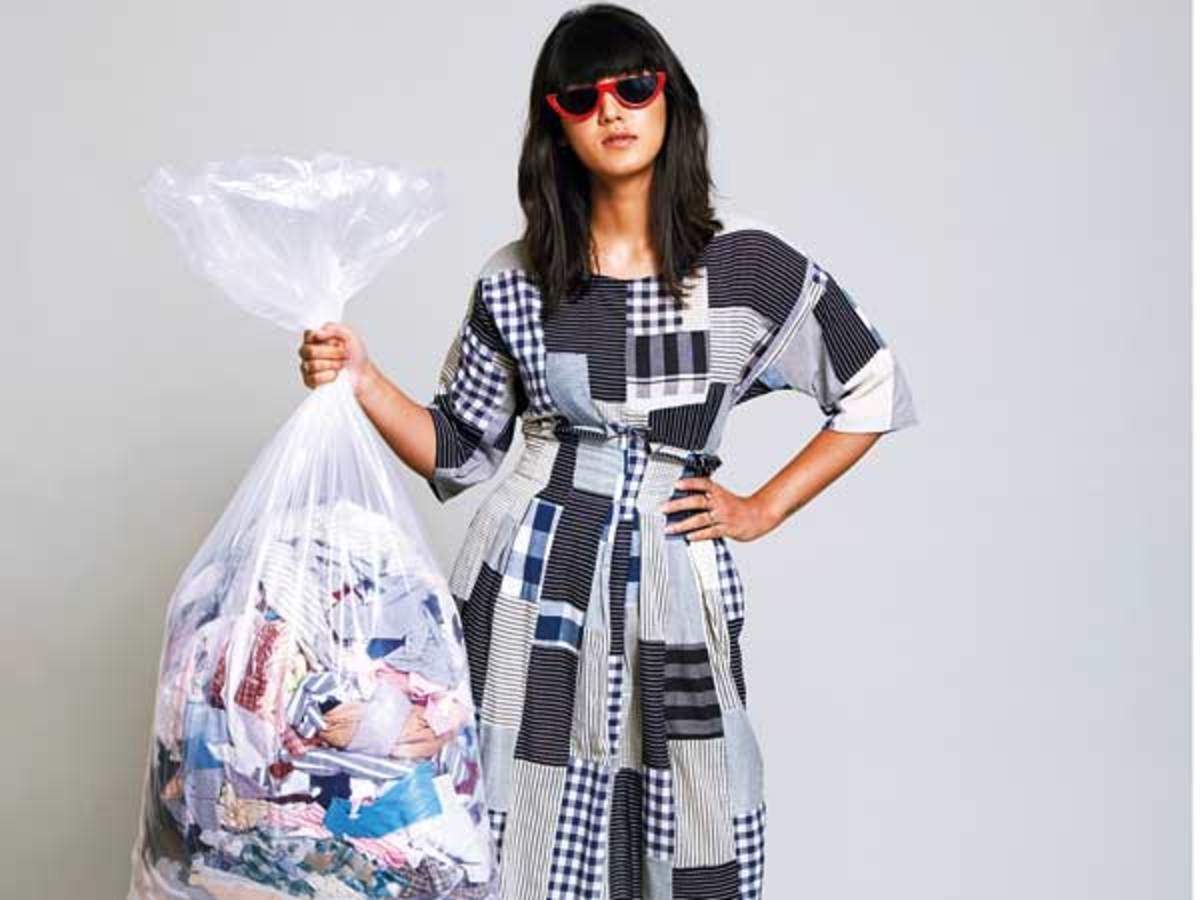Since 2019, Hong Kong residents have been taking their clothing items to a former textile mill building in Tsuen Wan. They can watch machines work to make their discarded clothing into brand new sweaters. The Garment-to-Garment (G2G) Recycle system cleans and shreds the old garment before renovating the straightened fibres into yarn.
G2G was set up by The Hong Kong Research Institute of Textiles and Apparel (HKRITA) with funding from the H&M Foundation, Novetex Textiles Limited and the territory’s Innovation and Technology Commission.
The system currently processes 40 garments in a month. It aims to expand the range of materials that it can process. Currently, denim, Lycra, spandex and leather materials cannot be modified.

The current fashion industry has a highly effective global supply chain that is able to design, source, make and ship garments to end-consumers in a matter of weeks. Majority of garments supplied to the world are made in China, Vietnam and Bangladesh. Production is in the East, and the West consumes. As a result, materials for recycling exist in the wrong marketplace. Moreover, to engineer a reverse supply chain of the same scale is missing, to deal with the never-ending pile of unwanted clothes.
According to the Ellen MacArthur Foundation, less than 1 per cent of old clothing is currently made into new clothing, while about 12 per cent is recycled in some way, such as for insulation or mattress stuffing. The G2G system offers ideas on solving the challenge by processing post-consumer materials.

Companies looking to be in the upcycled fashion industry, need to raise awareness and create demand for the same. For reverse supply chain to flourish, collectors of discarded clothes have to see themselves as suppliers of quality feedstock for recycled fabric, not as waste companies. The challenge is to assemble waste textiles in one place from multiple sources to achieve scale, then sorting them effectively by fibre types. Hence, if supply of feedstock is not consistent, consistency of recycled product will also differ.
Knitwear supplier Cobalt Fashion, joined Forum for the Future’s Circular Leap Asia programme, which aims to help apparel manufacturers, brands and retailers in Asia develop and scale circular solutions.
In 2019, Cobalt shipped over 1.6 million garments produced from recycled fibres. They have established an upcycled fashion brand called 22 Factor. Using upcycled virgin yarn that would otherwise be discarded, to create premium knitwear at a fraction of the price. Cobalt will soon offer a circular textiles option where used garments are collected from stores for reuse, or recycling into new fibres.

